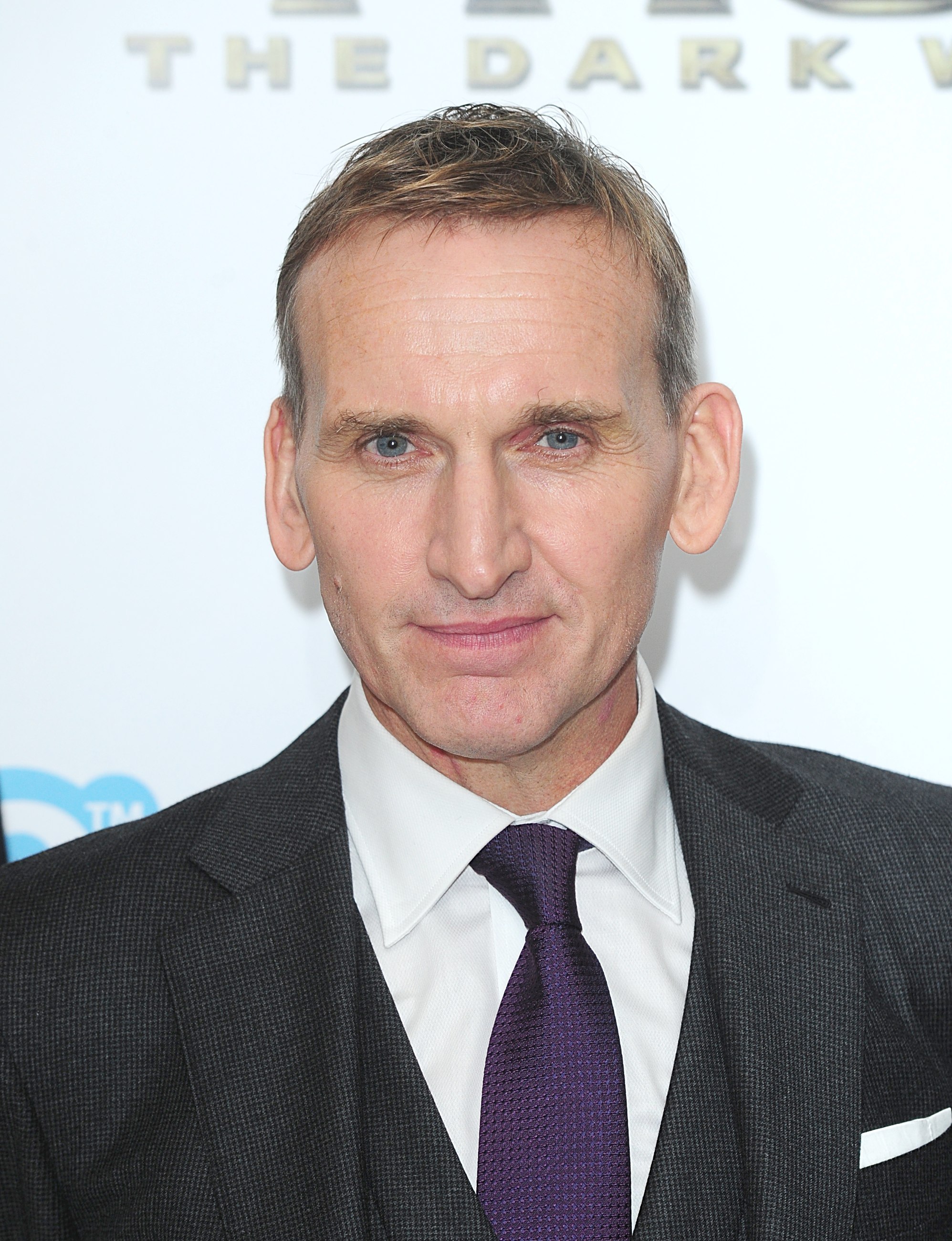
Christopher Eccleston has said the television industry is “prehistoric” in its representation of people with special needs and has called for pressure to be put on channels to make changes.
The actor – who stars in autism drama The A Word – also criticised the industry’s attitude to diversity.
He told Radio Times magazine: “The four main TV channels have to be politically pressured to have a certain number of story lines, a certain amount of programme time, devoted to programmes like The A Word.
“So people with special needs see themselves and their lives reflected in drama.
“I think writers are desperate to do it.”

Pooky Quesnel, the actor’s co-star in The A Word, added: “It’s another aspect of life that’s great to explore. There’s a perception of, ‘Oh we can’t write that because it won’t get commissioned’.”
Eccleston, 53, said: “There was a lot of, ‘We don’t want to see people like that on television’.”
He continued: “That’s true about race, about women… we’re dinosaurs.
“We’re still as prehistoric as the Weinstein scandal has shown us.”
Eccleston also said there should be more help for people from less privileged backgrounds who want to get into the arts.
Asked if there was a danger of the upper middle-classes taking over acting, he said: “There’s not a danger, it has been taken over.
“I’m 53, I’m going to play Macbeth at the Royal Shakespeare Company. How many people from my background, no education, no university, have played Hamlet or Macbeth at the RSC? And, more importantly, where are the people coming from who will do it after me?
“The attitude is that Shakespeare should be done by white middle-class people, in a white middle-class voice. Why? Because the white middle-class face and voice ‘has the keys to intelligence, sensitivity and poetry’. That’s the message that kids of colour and kids like me are getting. It feels to me like in the last ten years it’s got worse in terms of class.”
#TheAWord has been commisioned for a second series! Read more: https://t.co/FZ5lCerKiJ pic.twitter.com/eCXPvzLsyQ
— The A Word (@theaworduk) May 26, 2016
“It has to be policy,” he said. “There has to be a quota for people like me who have not got academic qualifications, whose parents can’t afford the funding, drama schools have to accept them, channels have to make television about them.”
:: The Radio Times is on sale on Tuesday.


Comments: Our rules
We want our comments to be a lively and valuable part of our community - a place where readers can debate and engage with the most important local issues. The ability to comment on our stories is a privilege, not a right, however, and that privilege may be withdrawn if it is abused or misused.
Please report any comments that break our rules.
Read the rules here